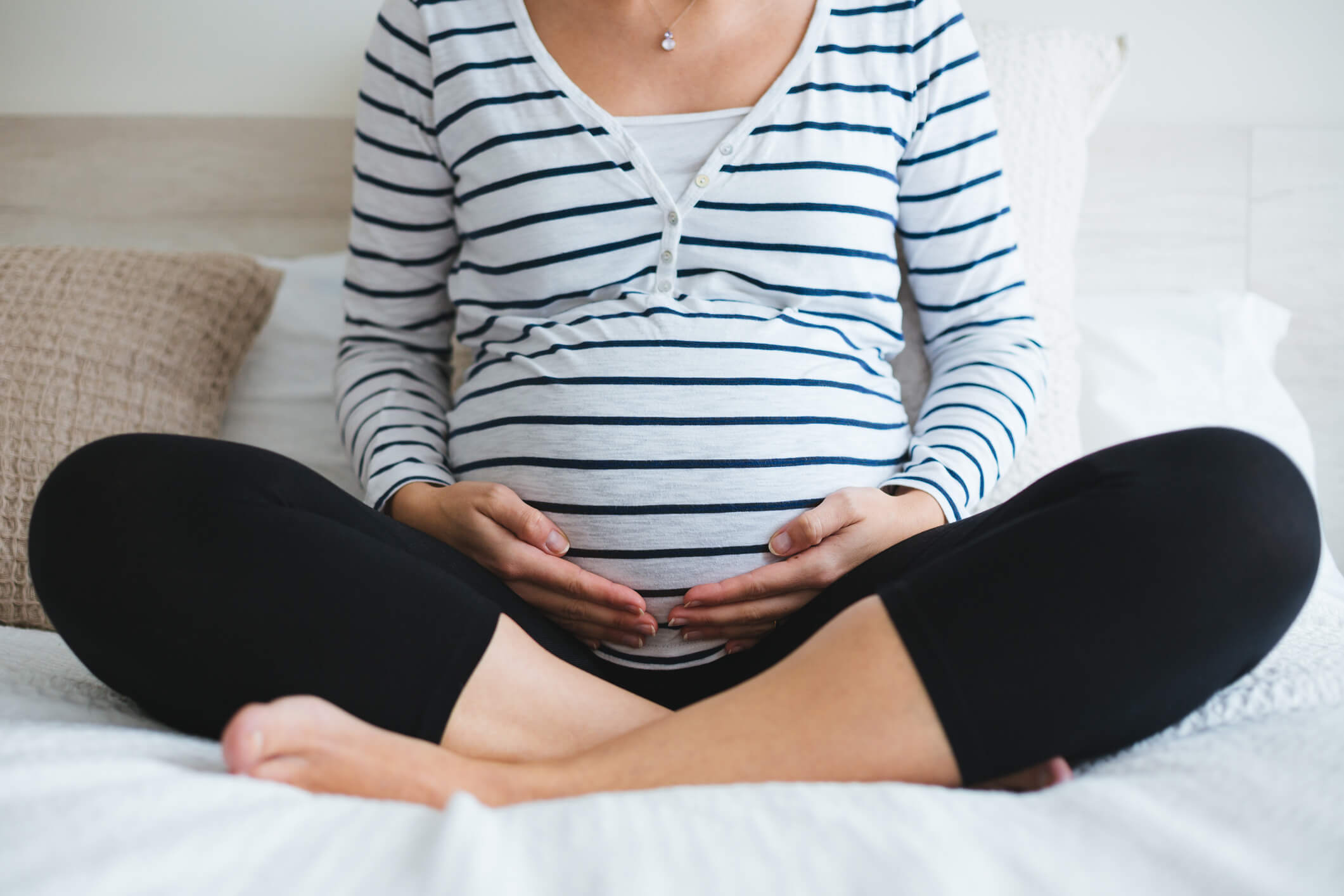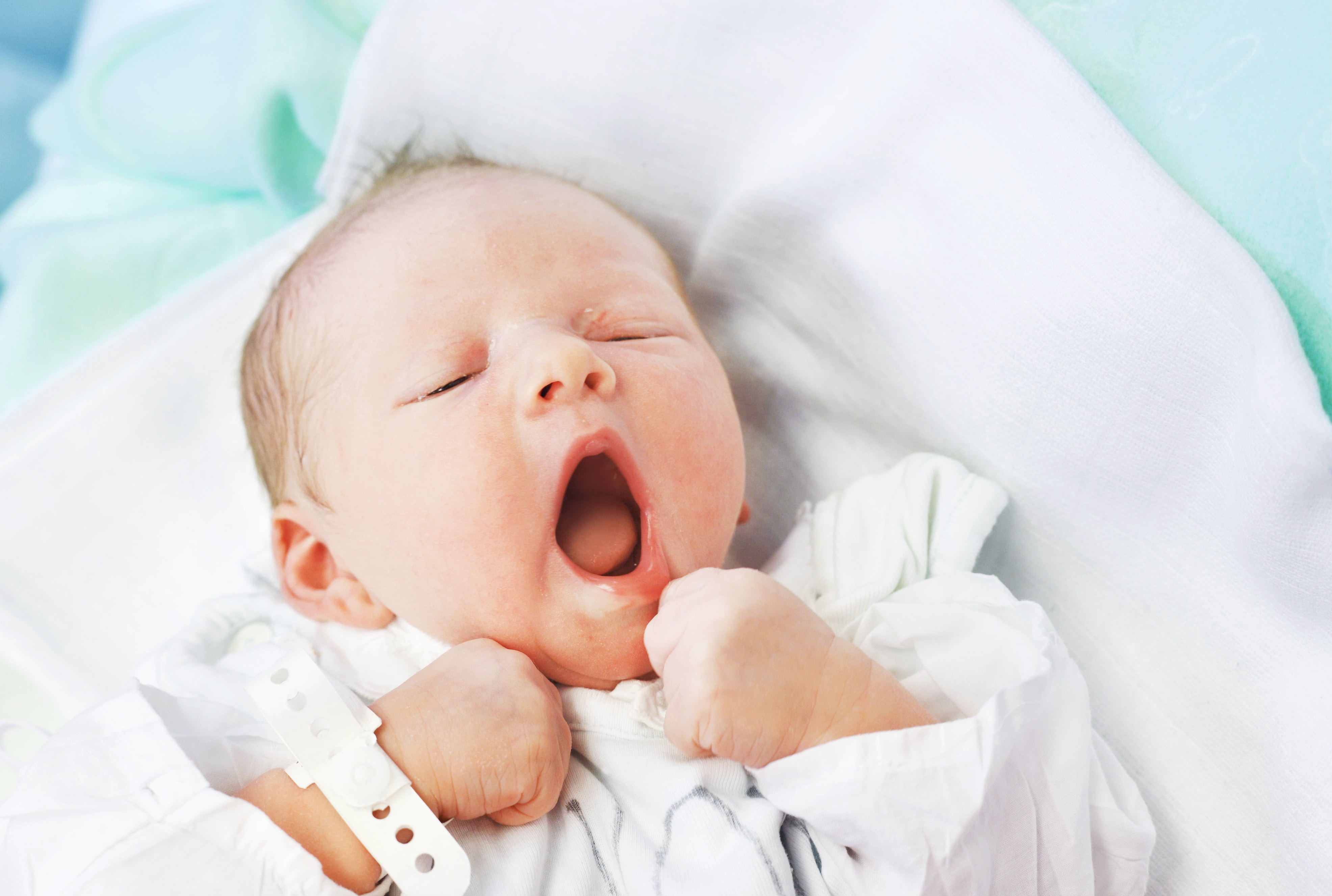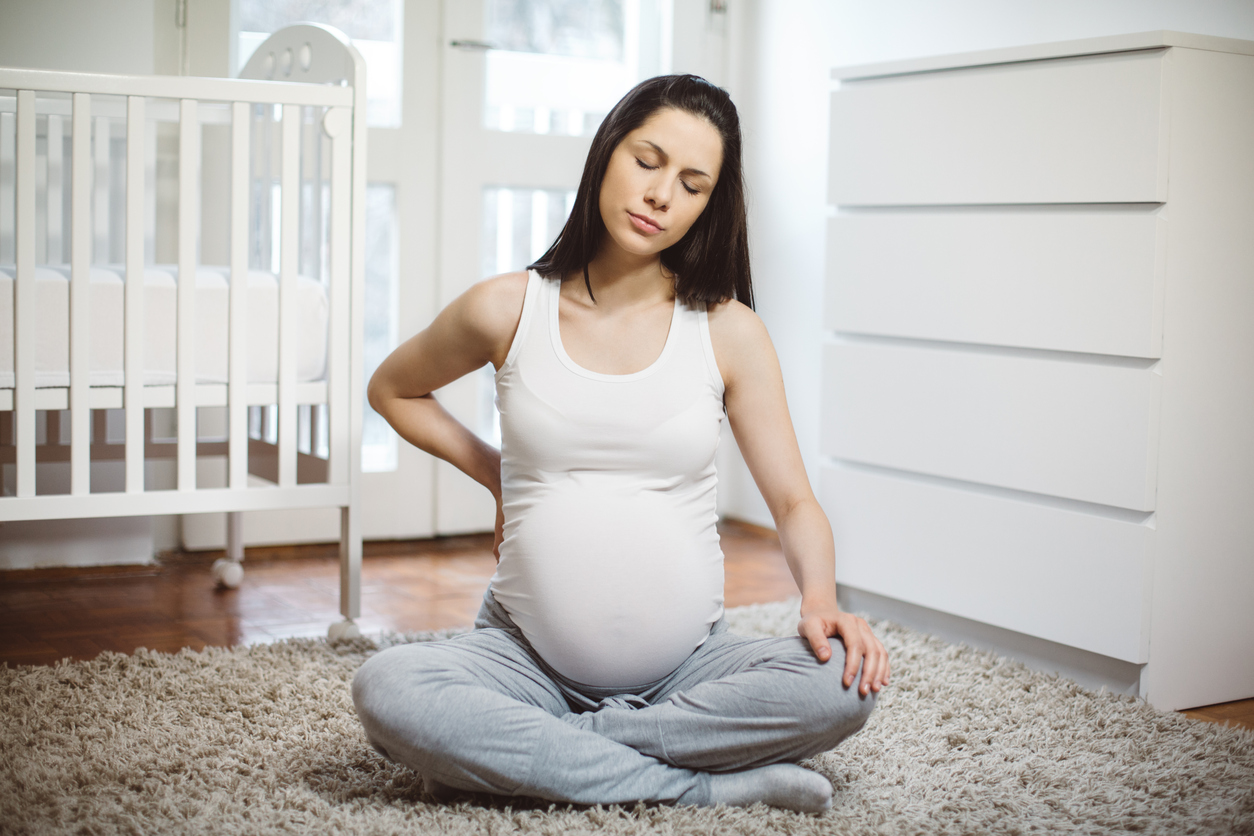Obstetrician and Gynaecologist Dr Robert Buist explains why it's so important for women to stay well hydrated during pregnancy.
Pregnancy places additional fluid demands on women
Around 60 percent of our bodies are comprised of water. This water is divided between that which is inside our cells (intracellular water) and water that is outside of our cells (extracellular water). Extracellular water is also divided into water in our blood (mainly plasma) and other extracellular water (cerebrospinal fluid, lymph, bile etc).
A comparatively early maternal adaptation to falling pregnant is that, under the influence of complex hormonal changes, your total body water increases by 8 to 9 litres-- and the majority of this change occurs in the first trimester.
Pregnant women require more water because their extracellular fluid space (including blood plasma) increases and the developing pregnancy requires fluid (the majority of which is amniotic fluid). In addition pregnant women lose more water than non-pregnant women. Blood volume, the work of the heart and blood flow through the kidneys all increase during pregnancy (the latter being the reason why pregnant women are always peeing!).
In addition to losing water through urine, we lose water through sweating, blood flow to the skin and from our lungs. These so-called insensible fluid losses also increase during pregnancy.
The role hydration plays during labour
Labour is called labour for a reason.
Labour represents a period of significant physical activity which may last more than 12 hours. There are regular contractions of the uterus, women have to actively push their babies out (a process that can take 1 to 2 hours), and the physiological responses to the pain and stress of labour further increase a woman’s metabolic rate. In addition insensible fluid losses (fluid lost through sweat and breathing) increase in labour. Unfortunately more than a few women vomit during labour.
Is your family growing?
Discover useful information about planning for a baby, managing the postpartum period and the transition into parenthood - including care and birth options, pregnancy health cover and costs, fertility and IVF, tips from medical professionals and more.
In the event of an unduly prolonged labour maternal dehydration can lessen the frequency and strength of uterine contractions. Dehydration in labour can even have consequences for the unborn baby. We can sometimes see abnormalities in the fetal heart rate pattern that might improve if we hydrate the mother (although in the event of prolonged labour and / or fetal heart abnormalities we usually rehydrate the mother with intravenous fluids).
Accordingly maintaining good hydration levels – without overdoing it – is important in labour.
And while breastfeeding?
During breastfeeding mothers experience an increased water loss via breastmilk of approximately 700 ml per day. Water accounts for 87% of milk and the average milk production in the first six months of breastfeeding is 780 ml per day.
Of course fluid requirements will increase with exercise.
How much water should pregnant and breastfeeding women be drinking?
The government recommends most women consume around 8 glasses of water a day.
But as mentioned, pregnant and breastfeeding women have an increased water requirement, which is an extra 750–1,000ml or 3 to 4 Cups according to the National Health and Medical Research Council.
How do you know if you're drinking enough?
I’m not a 'drink counter'. Your body has an extremely effective mechanism that assists you to hydrate appropriately. It is called thirst. This mechanism even adjusts for the fluid changes that occur in your body when you are pregnant. So it’s simple – drink if you are thirsty and if you are not thirsty you probably don’t need to hydrate.
Your urine colour is another very simple indicator of your fluid status. If your urine is dark you need to hydrate; if it is pale you don’t.
Hints on healthy hydration during pregnancy
The first challenge many women face with respect to hydration in pregnancy is nausea and vomiting in the first trimester. For a few unlucky women this can be a very severe problem that requires prescribed medication and intravenous fluids. Most women however get through the first trimester with some simple lifestyle and nutritional changes and good oral hydration.
Obviously water is the most ideal form of hydration for us all – pregnant women included – but there are times when women seem to struggle to drink significant amounts of water. For some reason – and I really can’t explain this – it just seems to be easier to drink something with a little sugar, a little salt (sodium) and a little flavour when women are feeling nauseated.
When I began my obstetric practice I noticed quite a lot of women seeing me with the symptoms of low blood pressure in the second trimester. Lower blood pressure is one of the normal maternal adaptations to a healthy pregnancy – the problem is you can feel very faint (or actually faint) with this normal low blood pressure.
I used to recommend sports drinks under these circumstances, but I then became concerned about the high levels of sodium and sugar in these products. And remember, sugar is sugar– whether it is in a soft drink or whether it is in an organic cold pressed juice or smoothie. Many of my patients still walk into my office drinking a fruit juice or a smoothie in the firm belief that they are healthy because they are natural. This is not so. Most juice and juice based products contain sugar levels of around 10 grams per 100 ml (or even more), which is right up there with soft drinks.
If women are struggling to drink water, I'd recommend they look for more healthy alternatives, such as drinks like aquamamma – a healthy low sugar, low sodium water alternative for pregnant women.
For more ideas on staying hydrated without the sugar, check out some of these delicious soft drink alternatives.






